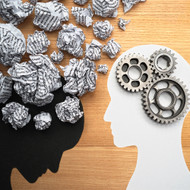Stressed or Depressed?
Nov 27th 2020
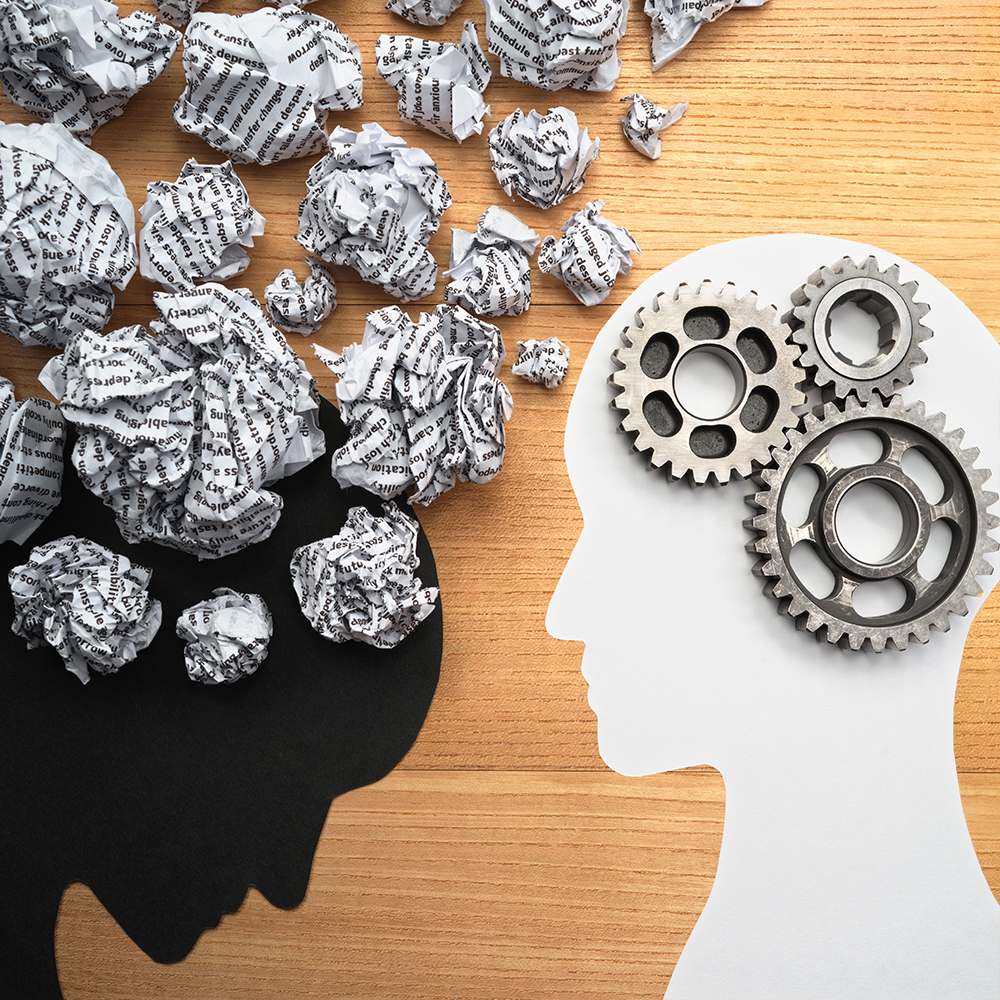
There’s a fine line between feeling stressed and depressed. The symptoms overlap and the differences are subtle, but if we have a better understanding of the way we feel, we may be able to figure out what we can do to help us recover our emotional equilibrium.
There is an overlap between the symptoms of stress and depression which makes it difficult to tell them apart. The broad definition of “stressed” is being worried more days than not, over a period of at least six months. On the other hand, depression is defined as feeling unmotivated or uninterested in doing the things we once enjoyed as well as feeling sad or hopeless most days of the week for at least two weeks in a row.
Stress is not a mental health condition; it tends to have an obvious trigger and resolves when events change while depression can linger for years and happen even when everything in life seems fine. When we are stressed, we may feel physically and mentally drained, burned-out, and exhausted; and if we are depressed, our motivation and level of energy can be so low that we can’t manage to do ordinary things like washing dishes or doing the laundry.
Changes in sleep and appetite are the primary symptoms of both stress and depression. When we are stressed, we may become sleep deprived which makes us more anxious that can lead to stress eating or not eating at all. A majority of those who are depressed also have problems with sleep and appetite although some people who are depressed sleep far too much yet wake up feeling exhausted.
Social withdrawal is common in both anxiety and depression. If we are stressed, we may not want to be around others while if we are depressed, we may feel so exhausted that we avoid social contact and pull away from people. When we are stressed, our excessive worrying can make it difficult to concentrate; while if we are depressed, our thinking may be so cloudy or confused that it becomes difficult to make decisions.
Whether we are stressed or depressed, our mood affects neurotransmitters that influence our perception of pain—both in our body and in our soul. There is a connection between the brain and the gut, so stress can also cause gastrointestinal problems and the body’s response to stress can create muscle tension, shortness of breath, sweating, and trembling, and depression can also cause painful aching in joints, the back, or in the abdomen.
To deal with stress, we need to exercise to improve our ability to sleep, laugh to decrease stress hormones, learn something new to build our confidence, avoid alcohol and drugs which make the problem worse, help others in order to put our own problems in perspective, use breathing exercises to increase the supply of oxygen to our brain, and meditate to focus our thinking and calm the stream of jumbled worries that cloud our mind.
The symptoms of stress and depression are related, and one can trigger the other. Taking steps to manage stress can help us prevent depression, but if self-help techniques aren’t working, counseling and medications can help. Although psychotherapy, herbs, and medication can alleviate stress and depression, the type of therapy and a mix of herbs or medications that are prescribed will depend upon the reasons for our distress.
Taking steps to manage stress can prevent depression, but if you have felt sad, withdrawn, or are thinking of harming yourself it is time to seek the help of your healthcare provider.
 | 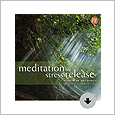 |  | 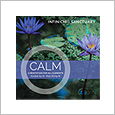 | 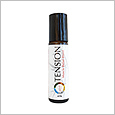 |
| Mood Elevation | Meditations for Stress Release | Live Your Ultimate Life | Calm Meditations | Tension Rollerball Oil |

